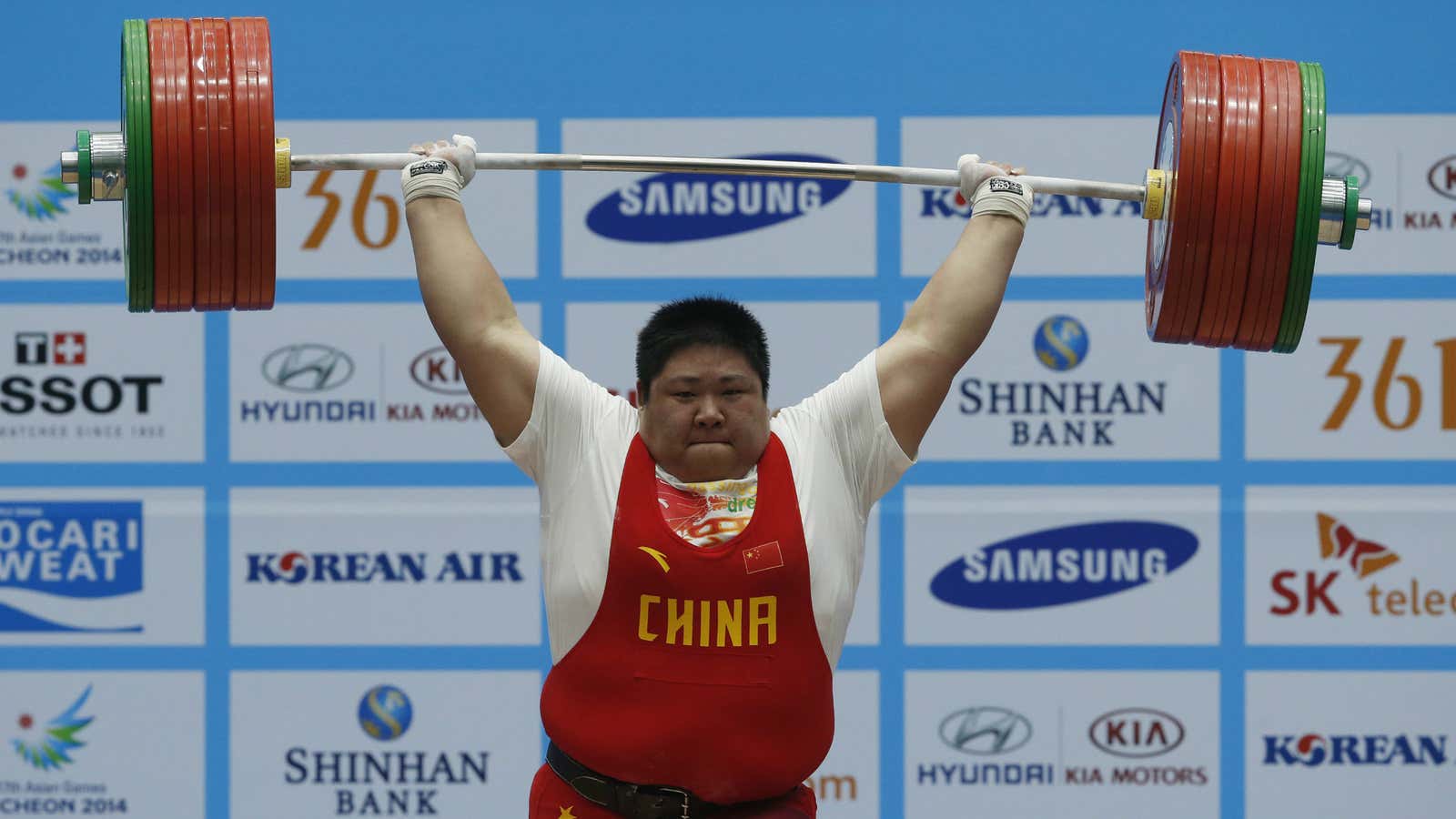China’s stock markets continued to fall Tuesday (July 28), sinking as much as 5% in morning trading before recovering somewhat by the end of the trading day—another sign that an onslaught of government support to keep stock prices high is making investors nervous.
The Shanghai Composite Index closed down 1.68%, while Shenzhen’s A shares index fell 2.3%.
China’s banks and regulators have pumped hundreds of billions of dollars of liquidity into the financial system to encourage stock-buying, and gone so far as forbidding selling by large shareholders, after the market started sliding from a peak on June 12. The strategy appears to have backfired, according to a growing chorus of analysts and investors inside and outside the country, sowing fear rather than confidence among China’s retail investors who make up most of the market.
On Tuesday, the government dug in its heels, and pledged to back the markets yet again. An online editorial (link in Chinese) in the state-run Shanghai Securities News, the official paper of China’s stock markets, declared:
Markets financial leverage has been effectively reduced, the liquidity crisis has been substantially relieved, and market risk has also been released considerably, so going forward the stock market will not have any broken cliff-like, or spiral-like plunge. The country will not allow this situation to happen again.
In the progress of repairing function and returning to normality, the market will always experience some turmoil, and the mentality of investors will also fluctuate. But in the context that the Chinese economy is positive over the long term, the A share markets will be remain positive in the long term.
Regular investors, though, appear to be fleeing the market, and professional analysts say the government’s hands are tied.
“The government has no exit strategy unless the market corrects,” Francis Cheung, China strategist for research firm CLSA, said in a note July 28. The government’s dilemma is that it “supported the market at an expensive level,” when stocks were trading at 30 times 2015 price-to-earnings ratios, Cheung said. “There is no government exit unless they allow the market to correct to fundamentally supported levels, or wait until earnings grow enough” to support this valuation.
Some wary investors are moving their money to real estate, as Quartz reported this week.
Others are getting out of speculative investing altogether. Just one month ago, Zhang Xiangjuan, 54, a retired housewife from Shanghai, was still hoping the benchmark Shanghai Composite Index would reach 6,000 points, and set a historical record.
But now she only wants to leave the stock market as quickly as possible, after losing 30% of her 2 million yuan ($322,000) investment.“I’m not hopeful,” she told Quartz July 28, speaking about the government support. “The government will only pull up the indexes to make it look better; it has nothing to do with the stocks I invested in.”
She has already transferred three-quarters of her stock investments to bank savings accounts and other bank finance products. As for the remaining one-quarter, she said she is only holding on to those stocks until they rise to the price that she paid, and then she is going to sell and get out of the market.
